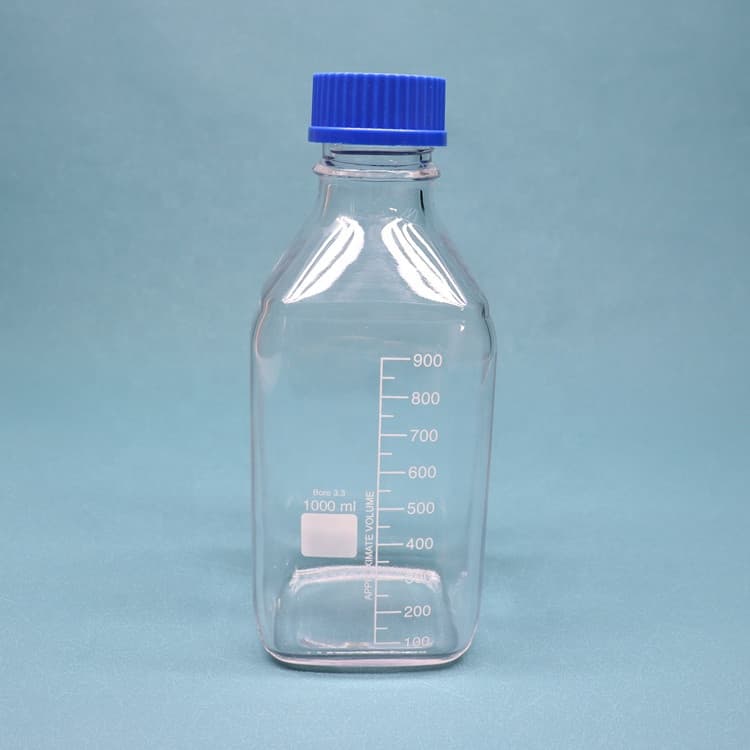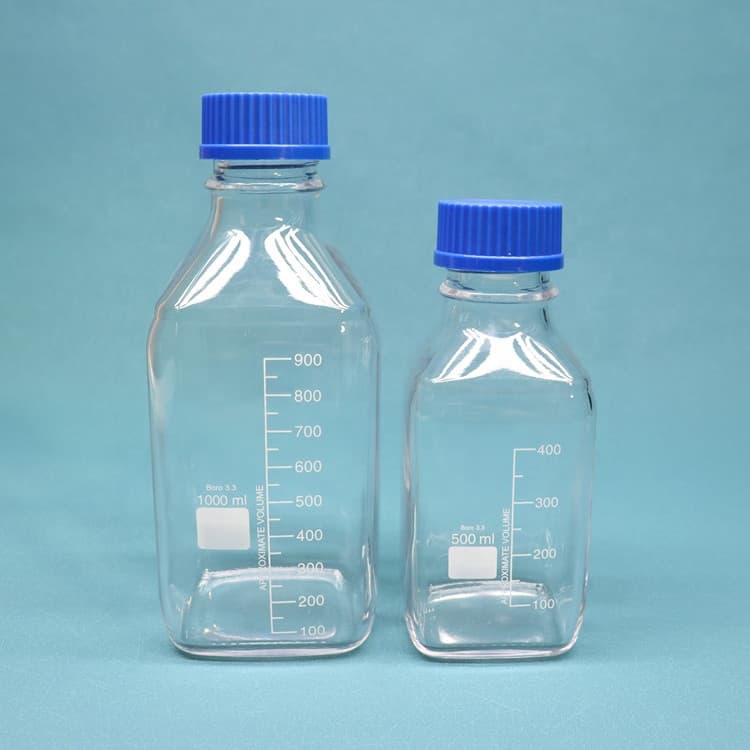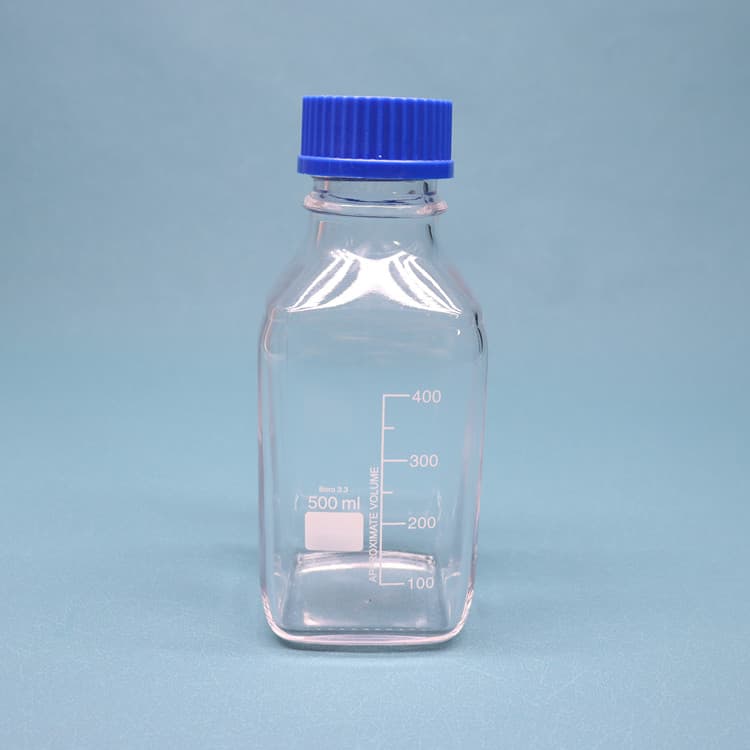



cap/septum to vial, thus preventing vial leakage and sample loss during sample heating and injection. The screw cap configuration provides added ease-of-use by avoiding the need to crimp a steel cap. An electronic crimper and decapper are strongly recommended when using the steel crimp caps due to the hardness of the steel.
Vials 22 Crimp caps 23 Screw caps 24 Snap caps 25 Convenience packs 26 Pre-assembled packs 26 Vial kits 27 Containment Solutions for Sample Volumes (>2 mL) 28 Vials, caps, kits, and septa for 4 mL volumes 28 Vials, caps, septa, and seals for >4-10 mL volumes 28 Headspace vials 29 Headspace caps 30 Headspace septa and stoppers 30 Headspace kits 31
Septa selection guide Overview Diferent septa material for LC and GC applications There are many diferent types of materials used to produce the septa found in LC and GC vial caps. This document will provide you with the technical guidance you need in order to make the right selection. Choosing the right septa
The septum you choose for your autosampler vial can impact sample evaporation, sample security, needle bending and blockages, and instrument down time. Don’t let the complexities of septa selection slow you down. Use the simple online Aijiren Tech SureSTART Selection Guide to find the right septa and vial for your analysis.
Oct 5, 2023 · Capping, Sealing, and Temperature Cycling. A typical vial container closure system configuration has three major components: a vial, an elastomer stopper, and an aluminum seal with or without a flip-off button.5 Among these container closure system components, the elastomer stopper plays a critical role by deforming to seal the vial-stopper interface area either temporarily or permanently.
Sep 8, 2022 · HPLC Vials With Cap & Septa at Rs 750/pack - IndiaMART. Our autosampler vials and caps are supplied high quality, ensuring that with vials from us will achieve consistent, reliable and reproducible results time. Send Inquiry >>. Chat Now >>. 2022 09 08.
Jul 1, 2016 · Sample-vial septa must withstand multiple punctures during repeated syringe rinsing prior to injection, but there is no long-term requirement for a lasting seal. There are two remaining measures of vial septum performance: leakage and sample contamination. Vial septa can be made of softer and better sealing materials than inlet septa.
* UltraBond seal, cap & septa form an inseparable unit, so that septa cannot fall out. 1.5mL screw vial kit, including vial, cap and septa, 100/pack Kit part number Vial Vial part number Septa material Cap/Septa part number 220-97331-30 Clear with write on spot 220-97331-25 PTFE/Silicone, ultra-clean 220-97331-27
Description: Cap Size: 10-425. Wheaton Screw Top E-Z Vials with Step feature a large opening and a long neck for greater sample accessibility with reduced needle damage. Vial capacity is increased to 1.8mL.
Analytical Vials. Vials play a significant role in analytical analysis and result reproducibility. Vials must be inert and free of extractables or leachables to prevent affecting results. Using certified, application-specific, contaminant-free vials can significantly reduce risk. We offer a broad spectrum of Supelco ® products including
When selecting a vial, cap and septum to contain analytical solutions, there are several factors to take into account. In most analyses, the cleanliness of the vial and the septum are most important. 1,2 With analyses where multiple injections of the same analyte (s) are performed over time, the ability of the septum to reseal is a consideration.
Headspace vials, septum, and caps can be purchased in various quantities separately or together as convenience kits to fit your laboratory needs. Product Overview. Documents. Description. 20mm Headspace Crimp Vial. Diameter (Metric) Opening. 20 mm. Diameter (Metric) Inner. 22.5 mm.
Providing the next generation in sample security From sample entry to final reports, everything an analytical lab does revolves around ensuring accurate data and reliable results. Chromatography vial sample identification can be complicated, because once the sample is in the vial, there is no easy way to identify it. Current methods, like
The septum forms a barrier between your sample analyte in the vial and the outside atmosphere. This barrier protects your sample from external contamination while allowing a needle (from a manual or automatic syringe) to enter the vial, and extract the sample for the next stage of separation.
chemical characteristics. The septum is provided with a thin 0.005” PTFE layer laminated to highly pure silicone, and slit through the center for easier needle penetration and to release the vacuum that forms when a large volume of sample is withdrawn from a vial. This septum provides chromatographic characteristics similar to that of a
